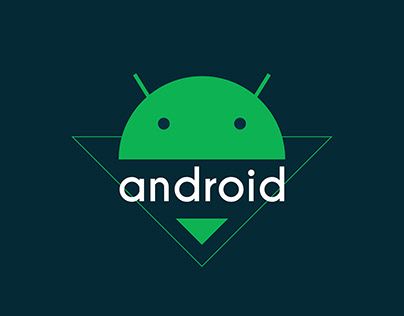The mobile app market has grown exponentially over the last decade, with billions of active smartphone users worldwide. Android, being the most widely used mobile operating system, dominates the global market share. But with new technologies emerging—such as cross-platform frameworks, AI-powered apps, and even progressive web apps (PWAs)—many aspiring developers ask: Is it still worth learning Android development in 2025?
The short answer: Yes, absolutely—but with some considerations.
1. Android’s Massive Market Share
Android holds over 70% of the global mobile OS market, especially strong in Asia, Africa, and developing regions. This wide user base ensures that apps developed for Android can reach millions, if not billions, of users.
👉 Why it matters: As long as people use Android devices, skilled developers will be in demand.
2. The Demand for Skilled Android Developers
Many startups, enterprises, and even government organizations continue to rely on Android apps. Industries such as fintech, healthcare, e-commerce, and entertainment heavily depend on Android development.
👉 Why it matters: Companies need professionals who understand native development with Java and Kotlin to build high-performance apps.
3. The Rise of Kotlin
Google officially endorses Kotlin as the preferred language for Android development. Its concise syntax, null safety, and modern features make it easier and faster to develop apps compared to Java.
👉 Why it matters: If you’re learning Android today, focusing on Kotlin can future-proof your skills.
4. Competition from Cross-Platform Frameworks
Frameworks like Flutter, React Native, and Xamarin allow developers to build apps for both Android and iOS with a single codebase. While this trend is growing, native Android apps still outperform in speed, reliability, and access to device features.
👉 Why it matters: Cross-platform tools are great, but native expertise is irreplaceable for complex apps.
5. Integration with Emerging Technologies
Android development is evolving beyond just making simple apps. Developers now integrate:
-
AI & Machine Learning (ML Kit, TensorFlow Lite)
-
IoT (smart devices connected via Android Things)
-
AR/VR (ARCore)
👉 Why it matters: Android developers are not just coders—they’re shaping the future of smart and connected experiences.
6. Freelance and Entrepreneurship Opportunities
Many Android developers build careers as freelancers or launch their own apps. With platforms like Google Play Store, anyone can publish and monetize their ideas globally.
👉 Why it matters: Learning Android offers not only jobs but also entrepreneurial freedom.
Final Verdict
So, is it still worth learning Android development?
✅ Yes—because Android continues to dominate the market, and native apps remain essential for performance and advanced features.
However, to stay competitive, new learners should:
-
Focus on Kotlin rather than only Java.
-
Stay updated with cross-platform frameworks like Flutter.
-
Explore AI, AR, IoT, and cloud integration within Android apps.
📱 In short: Android development isn’t just relevant—it’s evolving. If you want to build a strong, future-proof career in mobile development, learning Android is still one of the smartest choices.

